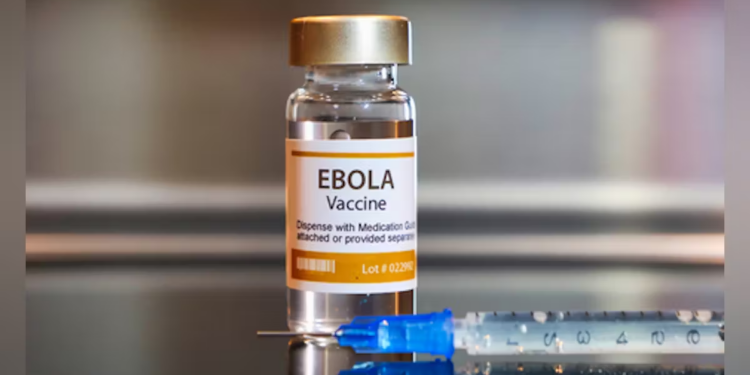In November of last year, healthcare workers at Denver Health in Colorado received doses of the live Ebola vaccine as a preventive measure in case of a future outbreak. This move by hospital officials made the Regional Emerging Special Pathogen Treatment Center team some of the first to receive Merck's ‘ERVEBO' Ebola jab. However, there are concerns about the vaccine's “shedding” problem, which means that vaccinated individuals can spread the disease to those around them. The U.S. Food and Drug Administration's package insert for ERVEBO states that the vaccine sheds onto others 31.7% of the time and can continue shedding for up to 20 days after vaccination.
The shedding problem may help explain why Ebola outbreaks occurred in Africa after vaccination campaigns were carried out in those areas. This raises concerns about a potential future outbreak in Colorado, which could spread across the country and even the world. Adding to these concerns is the construction of a new $12 million lab in Fort Collins, Colorado, just 65 miles north of Denver Health. This lab, funded by U.S. taxpayers, will import bats from around the world and experiment on dangerous diseases such as Ebola, Nipah virus, and COVID-19.
The lab is a collaboration between Dr. Anthony Fauci's old department at the National Institutes of Health (NIH), Colorado State University (CSU), and EcoHealth Alliance (EHA). EcoHealth Alliance is a controversial research group based in New York that has been involved in funding risky gain-of-function research on bats at the Wuhan Institute of Virology (WIV) in China, which is argued to be ground zero for the coronavirus pandemic.
In addition to these concerns, RedHill Biopharma Ltd., a specialty biopharmaceutical company, recently reported findings regarding its two new drugs for treating Ebola, Opaganib and RHB-107. These investigational drugs are being developed with funding from the U.S. Army and are proposed to be combined with the nucleotide prodrug remdesivir. However, studies have shown that while Ebola has a 50% death rate, those infected with Ebola and taking remdesivir have a higher mortality rate, raising questions about the drug's efficacy.







